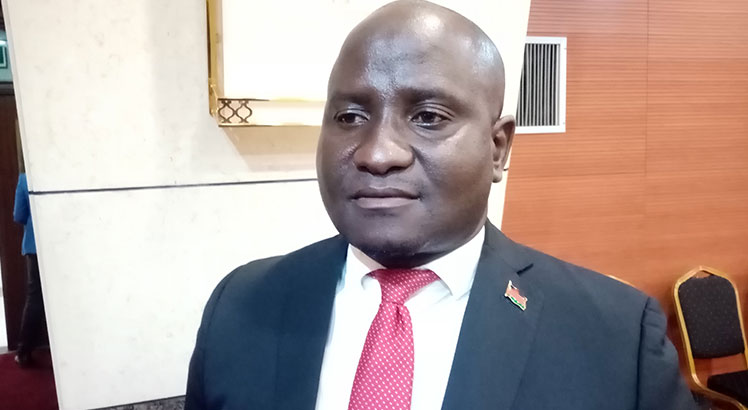Last week, Mary Porter Peschka, the regional representative of the International Finance Corporation (IFC), a financing and investment bank of the World Bank, was in the country to appreciate the economic situation in Malawi.
The highlight of the visit was probably the signing of an agreement between the IFC and Signature Agri Investments to establish a processing plant for macadamia nuts.
This is the best time to invest in macadamia. Malawi is now the third largest exporter of macadamia nuts locally and is ranked eighth globally. We probably have the volumes to process.
An agreement between the IFC and Signature Investments, a leading investor in agricultural enterprises with global expertise in financing and developing large-scale agricultural operations, is just what Malawi needs to revamp economic activity.
For a long time, local administrations have touted using industrialisation and export-led growth as key drivers of economic transformation but little has been done to make this a reality.
One of the key challenges is financing. The other is the technical expertise and know-how to launch such a large-scale project and see it to completion; hence, our unenviable reputation as a country with good ideas but poor in execution.
The partnership between these two powerhouses could fix both problems. Between them, they have the expertise and financial muscle to pull off such an ambitious project.
In Peschka’s words, the processing plant will ensure that the processing is done locally and “keeps the value-addition here”.
Malawi has been exporting its macadamia raw to be processed in other countries and packaged as products made in those countries. In a sense, the country was also missing out on an opportunity to create jobs locally.
If we build factories here to process locally, it means we create jobs for our youth and hopefully keep our labour force here to help develop the country instead of trekking off to South Africa or Israel to do menial work for a quick buck.
It will also mean that we make more from our produce. This is how the country can promote export-led growth and, hopefully in the long run, start earning our forex through trade instead of depending on donor support.
However, it is important to note that moving the processing here is just half the battle. Once we have the industry here, it will need to be protected to thrive and compete favourably with established industries in the global market.
Often, a company in the early stages of setting up processing plants and factories has higher costs of production considering the investment in infrastructure and manufacturing to get production off the ground.
At that stage, it is very difficult for this new company to compete with established players who can usually use economies of scale to their advantage and keep their prices relatively lower than the start-up.
To level the playing field, local authorities can impose tariffs on imports, a wildly unpopular choice in international trade but one that even some of the most developed countries have used with remarkable success to protect their industries.
Alternatively, the government can allow investors and developers opportunities to import the equipment and machinery they need tax-free. That can help reduce the cost of production.
And then there are the usual problems with erratic power supply, unnecessarily complex bureaucracies that delay exports of goods and an emerging tax regime that could deter investors.
The government’s decision to extend a 10 percent on perceived “supernormal” profits is an example of taxes that may deter investment.
The Malawi Confederation of Chambers of Commerce and Industry (MCCCI) faulted the amendment for failing to take into account the levels of investment required to turn a profit.
To put it into context, K10 billion is now equivalent to just $5 700. Considering the levels of investment that may be required to industrialise, $5 700 can hardly be characterised as a supernormal profit.
No one in their right mind would dispute that the government desperately needs the revenue, but it should not be at the expense of investors and developers, most of whom probably need the profit to scale their businesses.
If we can implement these little tweaks, then the country should attract more investment to drive the industrialisation agenda.
The post Create, protect local industries for development first appeared on Nation Online.
The post Create, protect local industries for development appeared first on Nation Online.
 Moni Malawi
Moni Malawi 
